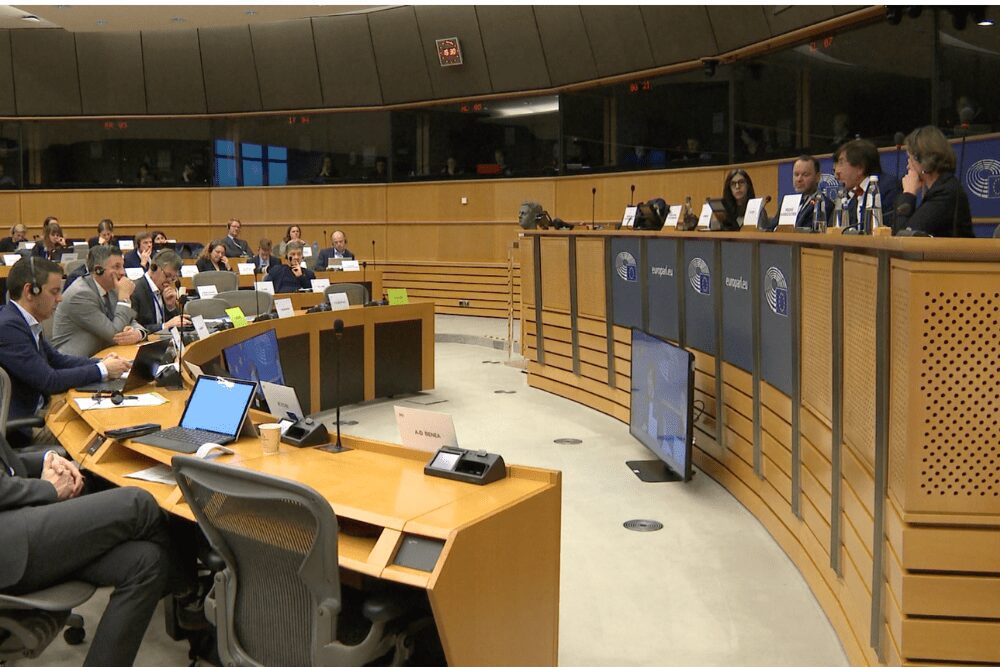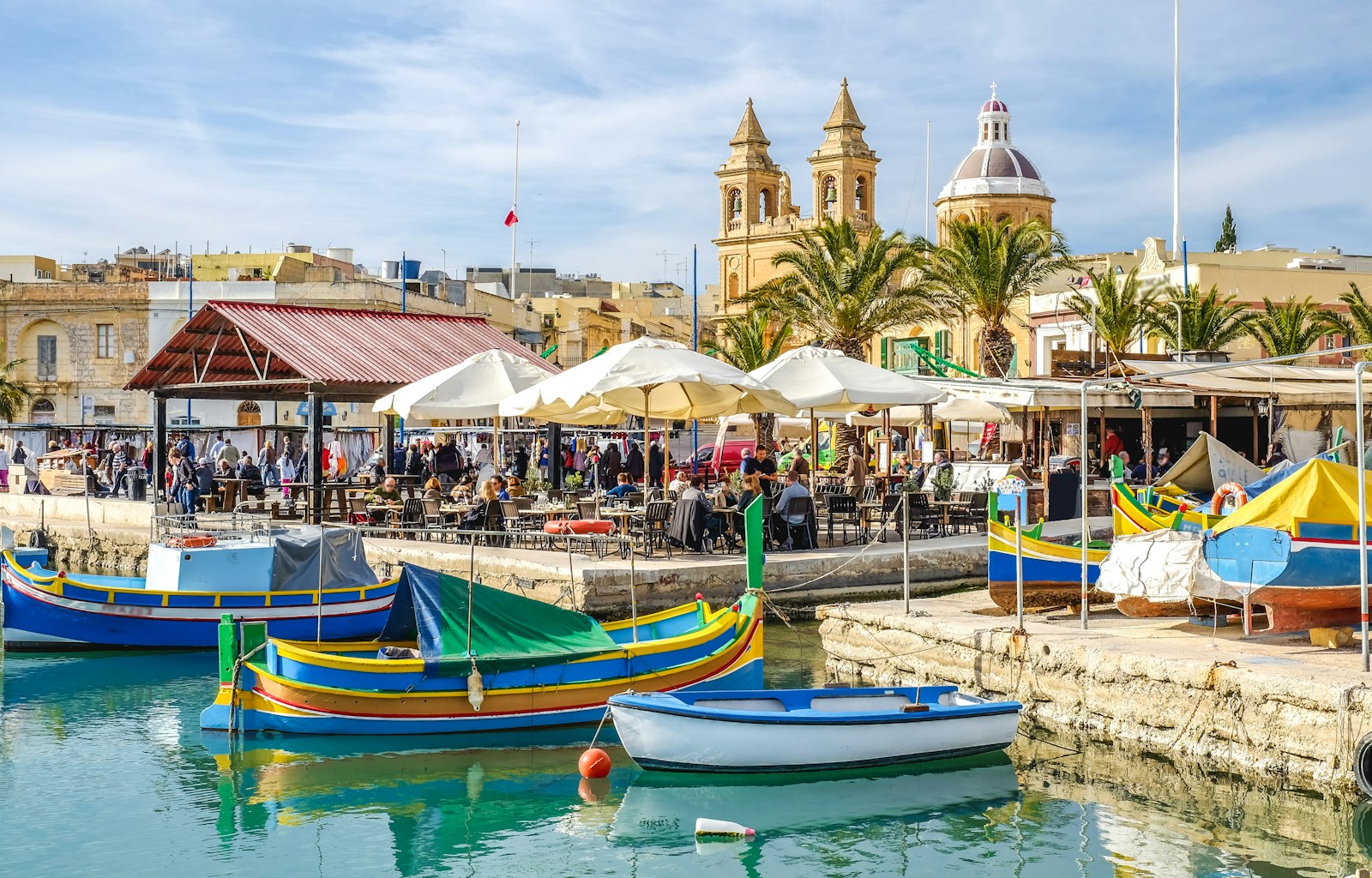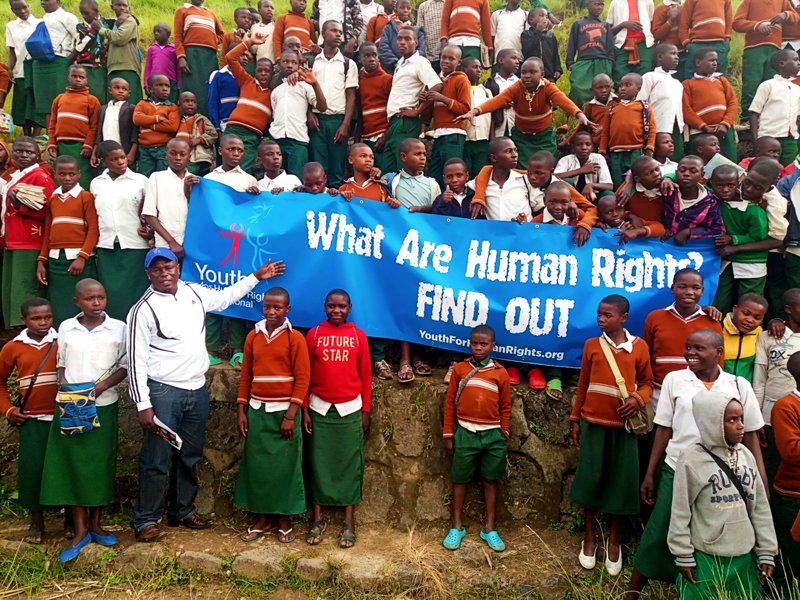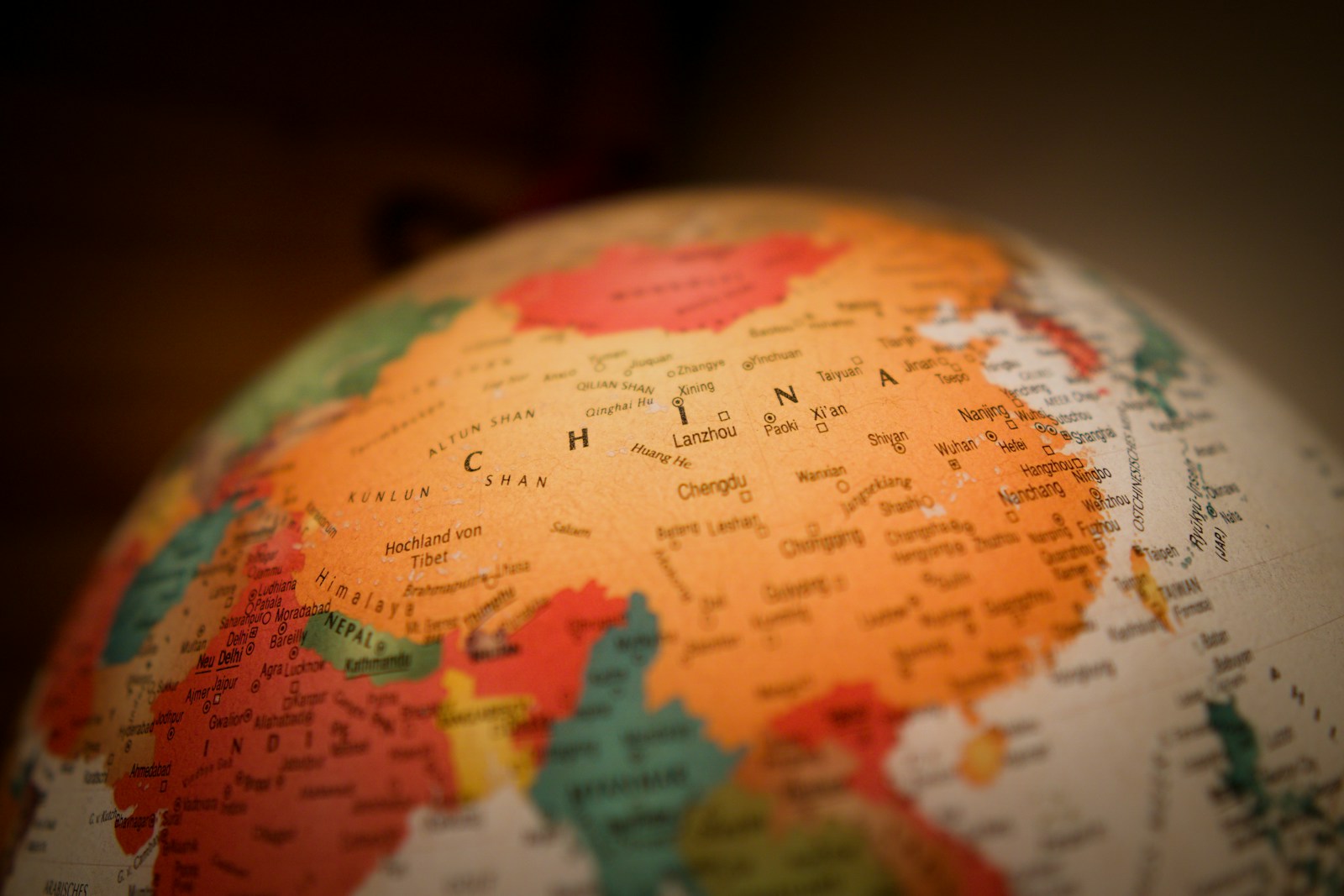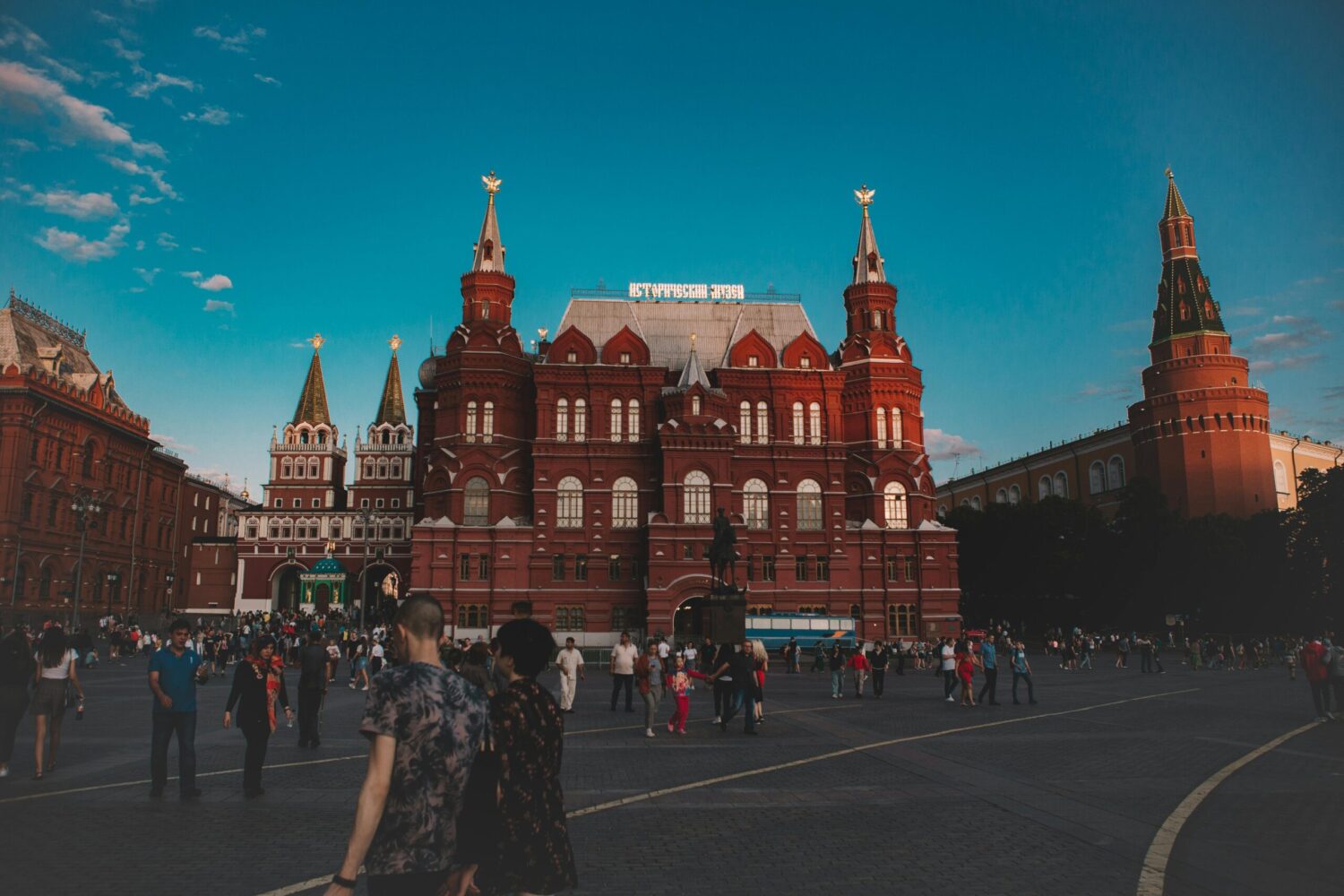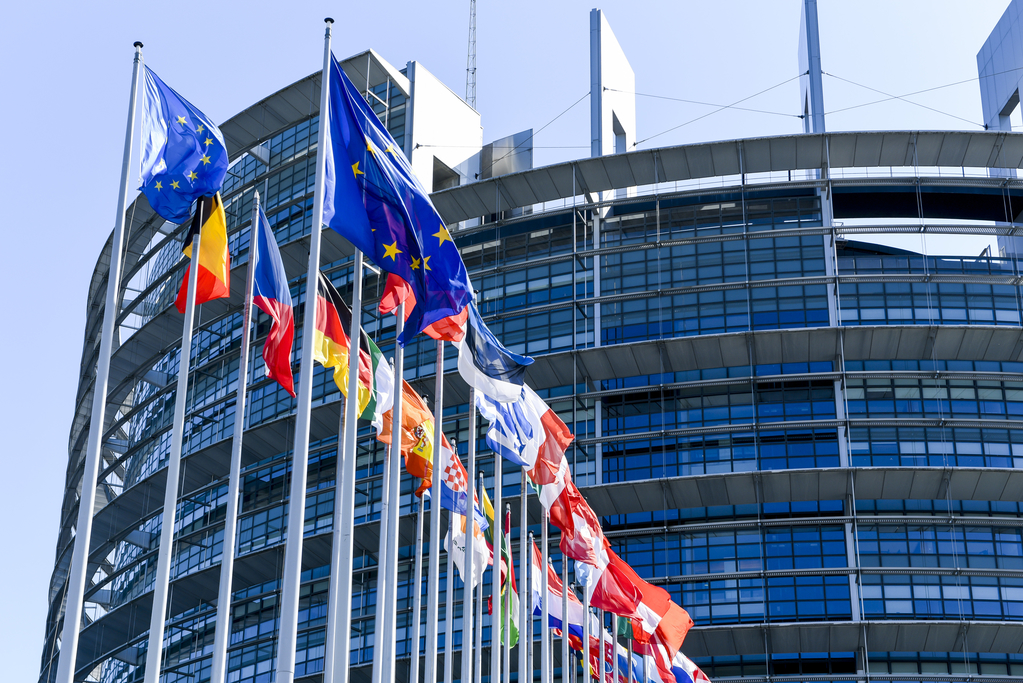Ministers are holding a series of meetings in parliamentary committees to present the priorities of the Belgium Presidency of the Council.
Belgium holds the Presidency of the Council until June 2024 included.
Economic and Monetary Affairs
Protecting taxpayers and their purchasing power while restoring citizens’ trust in financial institutions would be the overarching priority, Finance Minister Vincent Van Peteghem told MEPs on 22 January. He said the economic governance review, deepening the capital markets union, reaching a general approach on the bank deposit guarantee, and securing long-term financial support to Ukraine would be the concrete priorities.
MEPs themselves stressed the need for progress on the capital markets union, support for Ukraine, and updating the economic governance system. Some singled out the need to make progress on fighting tax avoidance and working to push the US to agree to the latest international tax standards.
Civil Liberties, Justice and Home Affairs
On 23 January, Justice Minister Paul van Tigchelt wants to make progress on priorities such as the fight against organised crime, small-scale detention, the rights of sex workers, violence against women and trafficking in human beings. Secretary of State for Digitalisation Mathieu Michel said the Presidency hopes to reach a General Approach in May on improving GDPR enforcement.
MEPs highlighted Parliament’s request to trigger Article 7(2) procedures on the rule of law and the fight against hate speech and disinformation. Replying to MEPs’ questions, the Presidency confirmed a vote on the Artificial Intelligence Act in the first week of February, and that work continues on Child Sexual Abuse Material (CSAM). Finally, MEPs asked to advance towards a consent-based definition of rape in the draft law on violence against women.
Transport and Tourism
On 23 January, Georges Gilkinet, Deputy Prime Minister and Minister of Mobility, stressed that the Presidency will strive to advance a green and digital transition, decarbonise the transport sector and finalise as many files as possible before the EU elections. Valérie De Bue, Minister of the Civil Service, IT and Administrative Simplification, in charge of Tourism and Road Safety, noted that tourism has come back to pre-pandemic levels and announced an informal meeting of Tourism Ministers in February to advance the tourism agenda.
Transport Committee MEPs urged the Presidency to conclude the work on Trans-European transport networks, a cycling declaration, and the maritime and road safety packages, as well as get a mandate to negotiate on Single European Sky rules and on transport weights and dimensions and railway capacity rules.
Regional Development
On 23 January, Minister-President of the Government of Wallonia Elio Di Rupo wants post-2027 cohesion to provide targeted and simpler regional aid while ensuring that no citizens and territories are left behind by the green and digital transitions. Among the priorities mentioned were the removal of cross-border obstacles, and developing macro-regional strategies for the Atlantic, the Mediterranean and for the islands.
MEPs raised the issues of increasing the cohesion budget for the next programming period, responding to the housing crisis and ensuring that the green transition is incorporated into the cohesion policy. They also highlighted the need to prepare for EU enlargement and the intention to find a deal on the mechanism for cross-border removal of obstacles before the elections.
Industry, Research and Energy
On 22 January, Petra De Sutter, Deputy Prime Minister and Minister of Public Administration, emphasised the goal of the digital decade: universal access to quality telecommunication, including 5G. She mentioned the expected White Paper on the future of telecommunications and hoped for an agreement on Gigabit infrastructure legislation.
Mathieu Michel, State Secretary for Digitisation, presented four priorities: the Digital Identity framework, bridging the digital skills gap, AI legislation and blockchain. These aim to enhance Europe’s digital hub status and position the EU as a leader in digital innovation.
MEPs raised EU cybersecurity, Gigabit infrastructure, the digital skills gap, digital qualifications and the impact of AI legislation on innovation as their priority areas of work.
On the future of research and innovation, Willy Borsus, Vice-President of the Walloon Government and Minister, said the presidency will aim to balance security and competitiveness, fostering EU resilience in vital sectors and transforming research into societal and economic value.
Thomas Dermine, State Secretary for Economic Recovery and Strategic Investments, in charge of Science Policy, said that the space sector will evolve around three initiatives: the midterm review of the EU space programme, a European Space Law and a joint space council between the European Space Agency and the EU, planned for May 2024.
MEPs sought clarifications on proposed cuts to the Horizon programme, Europe’s lagging position in life sciences, the need for comprehensive space legislation and the development of satellite constellations like Iris² for Europe’s autonomy.
Energy Minister Tinne Van der Straeten highlighted key initiatives such as updating the Euratom safeguard for the peaceful use of nuclear and bolstering energy security and sovereignty. They will also focus on increasing the rate of green renovation of buildings and promoting offshore renewable energy production.
MEPs stressed the need to prepare an EU “Blue deal” and to reinforce the electricity networks to allow for the expansion of renewables. MEPs also want the EU to focus on domestic production of hydrogen and ban the remaining imports of liquefied natural gas from Russia.
On 23 January, Jo Brouns, Flemish Minister for Economy, Innovation, Work, Social Economy and Agriculture, said that EU industry is too dependent on imports and that the EU needs to be more assertive. The Presidency will focus on the remaining legislative work, particularly on the Net-Zero Industry Act.
MEPs expressed concern over the waiver of state aid rules granted by the Commission to certain member states and called for the Strategic Technologies for Europe Platform, currently under discussion between Parliament and Council, to be allocated enough funding.
Employment and Social Affairs
On 23 January, Deputy Prime Minister and Minister for Economy and Employment Pierre Yves Dermagne said the Presidency wishes to make progress on the Platform Work Directive and the European Disability Card. He also stressed the importance of mental health at work, the revision of the carcinogens and mutagens Directive (CMRD6), and the European Pillar of Social Rights.
MEPs called on the minister to overcome the current block in the Council on the Platform Work Directive. Questioned on the coordination of social security systems, Mr Dermagne said that there is a will to conclude negotiations. Other issues raised by MEPs were quality traineeships, the mandate of the European Labour Authority and the cost of living crisis in Europe.
Internal Market and Consumer Protection
On 24 January, Pierre-Yves Dermagne, Deputy Prime Minister and Minister of the Economy and Employment, and Alexia Bertrand, State Secretary for the Budget and Consumer Protection, said they want to finalise negotiations on the right to repair, the Single Market Emergency Instrument and banning products made with forced labour in the EU. The Presidency also announced that an informal meeting on 19 April will look ahead at what the next Commission should address, such as mileage fraud for second hand cars, accessibility to financial services and AI and consumer protection.
MEPs inquired about Presidency support for new rules on addictive design of online platforms and on influencer marketing. Europe’s global role, the concerns of businesses and SMEs, Enrico Letta’s report on the future of single market and disinformation were also discussed.
Legal Affairs
Justice Minister Paul Van Tigchelt highlighted on 24 January the fight against organised crime, drug trafficking and reintegration of people leaving prison among the priorities. He also expressed ambition to achieve progress on the EU-wide recognition of parenthood and some intellectual property files, while finalising the corporate sustainability due diligence.
MEPs quizzed the minister about the fight against counterfeit products and highlighted the need to make progress on company and patent laws including corporate sustainability reporting. They also asked about planned steps on digital legislation and files benefitting civil society organisations.
Development
On 24 January, Caroline Gennez, Minister of Development Cooperation and of the Major Cities Policy stressed that the Presidency is committed to fostering a more equal partnership with Africa, with focus on implementing the Samoa Agreements. Particularly, they will focus on health in Africa, humanitarian aid and a durable cease-fire with humanitarian assistance for Gaza.
MEPs asked about the relations with Latin American countries and other EU strategic partners and stressed the importance of including civil society and of cooperating with partner countries on environmental protection. Some MEPs also asked how to regain the trust of the Sahel countries.
International Trade
Hadja Lahbib, Minister of Foreign Affairs, European Affairs and Trade told MEPs on 24 January that the Presidency will focus on open strategic autonomy, the upcoming 13th Ministerial Conference of the World Trade Organisation (WTO) and the implementation and enforcement of existing trade agreements. The Presidency also plans a conference on critical raw materials for 26 March.
For the WTO Ministerial Conference at the end of February, the Presidency will focus on the dispute settlement issue, sustainable fisheries, e-commerce, and industrial and environmental subsidies.
Women’s Rights and Gender Equality
On 24 January, Marie-Colline Leroy, State Secretary for Gender Equality, Equal Opportunities and Diversity, said the Presidency would prioritise combating gender-based violence and discrimination, strengthening equality policy and preparing the equality agenda for the new legislature. The Presidency is determined to conclude the negotiations on a directive on combating violence against women.
MEPs expressed their disappointment that member states are refusing to include rape in the directive on combating violence against women. They also highlighted the economic costs of domestic violence and the burden the cost of living crisis is putting on vulnerable women.



